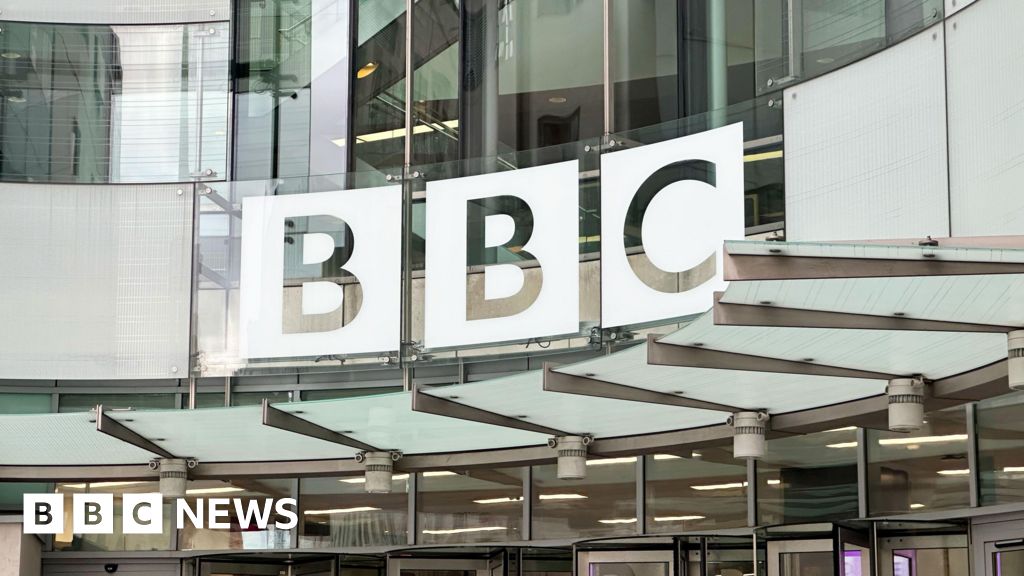sacks several people over 'abusive behaviour'

BBC Staff Sacked Following Abuse of Power Review; MasterChef Controversy Deepens
The BBC has dismissed several staff members following an internal review prompted by allegations of abusive behaviour within the corporation. The announcement coincides with the release of the BBC's annual report, which also details controversies surrounding the popular cooking show, MasterChef, and the salaries of its highest-paid presenters.
Samir Shah, Chairman of the BBC, acknowledged that while many staff are dedicated and respectful, a culture persists in certain areas where "powerful individuals" can make life "unbearable" for colleagues. He stated that the dismissals resulted from an April review but did not provide specific details about the individuals involved.
MasterChef in Crisis: Wallace Sacked, Torode Under Investigation
The MasterChef franchise is currently embroiled in controversy. A recent report upheld 45 allegations against Gregg Wallace regarding his behaviour on set. Wallace has since been sacked from the show. Separately, co-host John Torode is facing allegations of using racist language.
Director General Tim Davie affirmed the future of MasterChef, stating it's "much bigger than individuals." However, he declined to comment on the fate of the unaired series featuring Wallace and Torode. Davie emphasized that the BBC expects Banijay, the independent production company behind MasterChef, to take appropriate action if the allegations against Torode are substantiated.
"The BBC, in some ways, we're quite simple on this, which is if someone is found to not live up to the values, we expect the independent company, Banijay in this case, to take action and report back to us on what they have done," Davie explained. "These aren't BBC employees, but we absolutely expect action to be taken."
Wallace has apologised following the inquiry, while Torode has stated he has "no recollection" of the alleged incident and does "not believe that it happened."
Top Earners and License Fee Income
The annual report also revealed that Gary Lineker, former Match of the Day presenter, remains the BBC's highest-paid presenter for the eighth consecutive year, earning between £1,350,000 and £1,354,999. Zoe Ball, former Radio 2 breakfast host, followed with earnings between £515,000 and £519,999.
Lineker recently departed the BBC after apologising for reposting a social media post deemed antisemitic. Ball has moved to a new role on Saturday afternoons after six years hosting the Radio 2 breakfast show. Tim Davie's salary increased by £20,000 to £547,000, a 3.8% rise.
Income from the license fee increased from £3.7 billion to £3.8 billion after inflation. However, the number of households paying the license fee declined from 23,131,000 in 2024 to 22,772,000 in 2025, a drop of 1.56%. Despite this, the decline is slower than anticipated, considering competition from streaming services.
Public Perception and Usage
The report indicated that 50% of UK adults believe the BBC is effective at providing impartial news and current affairs, a 5% increase from the previous year. 63% find the BBC effective at providing accurate news and current affairs, compared to 59% last year.
Weekly usage of BBC services by adults declined slightly from 85% to 84%, but 70% of those under 16 continue to use BBC platforms, including TV, iPlayer, radio, and online content. iPlayer is the fastest-growing platform for long-form content.
A Broader Context of Controversies
The release of the annual report follows a series of controversies for the BBC, including issues surrounding coverage of the Glastonbury festival and a documentary, "Gaza: How to Survive a Warzone," which was pulled from iPlayer after concerns were raised about its narrator. An internal report concluded that the documentary breached editorial guidelines.
Expert Analysis: The BBC's Balancing Act
Dr. Sarah Jones, a media studies professor at the University of Leeds, commented on the challenges facing the BBC. "The BBC is navigating a complex landscape, facing increased scrutiny, competition from streaming giants, and pressure to maintain impartiality," she explained. "These recent controversies highlight the need for robust internal controls and a commitment to upholding the highest journalistic standards. The ongoing debate surrounding the license fee also underscores the importance of demonstrating public value and relevance in a rapidly evolving media environment."
Historical Perspective: Accountability in Public Broadcasting
The BBC's commitment to accountability can be traced back to its founding principles of informing, educating, and entertaining. However, maintaining public trust has always been a delicate balancing act, particularly in an era of increased media fragmentation and political polarisation. The current controversies serve as a reminder of the importance of transparency and ethical conduct within public service broadcasting.
Originally sourced from: BBC Entertainment
